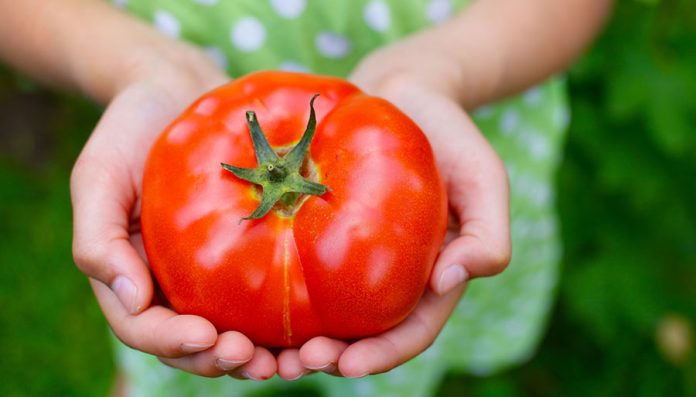It’s a battle virtually every parent has fought — getting their children to eat more vegetables — and one that often results in a clash of wills. Well, according to materials released by Penn State, parents can diminish these battles by offering their children some dip with their veggies.
It is a known fact that few adults consume the United States Department of Agriculture’s (USDA) recommended amount of fruit and veggie servings every day; so, is it any wonder that less than 38 percent of adolescents consume the number of fruits and veggies recommended for optimal health. Even worse, the USDA estimates that fewer than 10 percent of children age four to eight eat the recommended amount.
Fruits and vegetables are loaded with beneficial nutrients, such as vitamins, minerals, fiber and other phytocompounds known to support human health. In addition, they are low in fat and calories. The overwhelming body of scientific evidence suggests that diets rich in fruits and veggies may reduce the risk of chronic diseases and cancer.
Fortunately, Jennifer S. Savage, associate director of the Center for Childhood Obesity Research at Penn State, and her colleagues have discovered a way to encourage children to consume more veggies — even the ones they dislike. What is their secret that thousands of frustrated moms are dying to find out? Offer the children flavored dip with their veggies.
The study authors report in the recent issue of the Journal of the Academy of Nutrition and Dietetics that children are three times more likely to refuse veggies alone than when offered the same veggie with a flavored dip. Remarkably, even when offered a plain dip the children in the study — age three to five years old — were twice as likely to eat a veggie as when offered it alone.
The 34 children included in the study participated in four tasting sessions rating six different vegetables — carrots, cucumbers, celery, green beans, red peppers and yellow squash. The children were asked to identify their like or dislike of the veggies by selecting one of three cartoon characters that represented “yummy” “just okay” and “yucky” immediately following consumption.
Next, the children were introduced to five different dips, with pizza-flavored and ranch being the most well-liked. The least favorite dips were herb and garlic.
During the third session, the children were provided veggies and dip together. After eating the veggies and dip, 64 percent of the children rated the veggies as “yummy.” Conversely, only 31 percent rated the veggies as “yummy” when consumed alone. Those who refused to eat a veggie declined from 18 percent alone to only six percent when offered dip.
Lastly, the children were offered the “least liked” veggies among the group — celery and squash — with a flavored dip. Squash eating doubled and celery consumption increased 62 percent.
This research suggests that parents shouldn’t give up or give in to picky eaters. Instead they should offer children something to flavor their veggies, making them more palatable and enjoyable.















